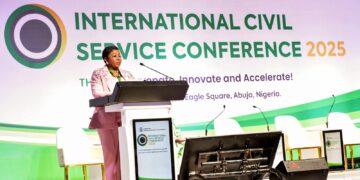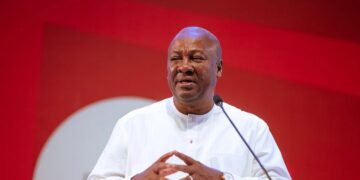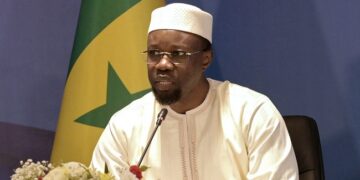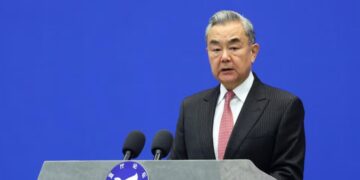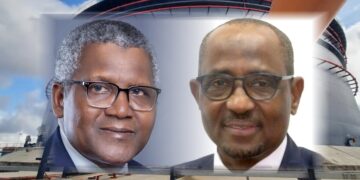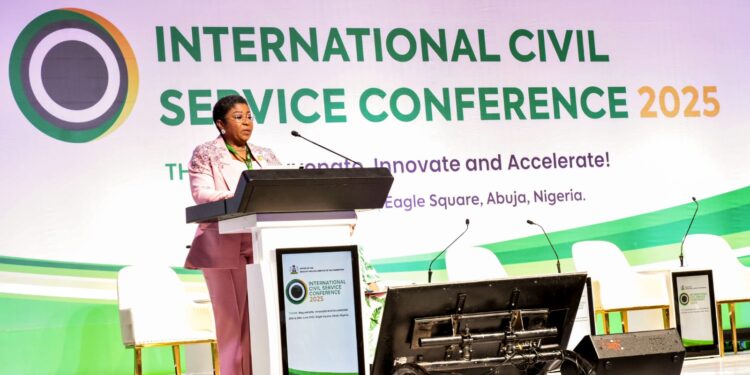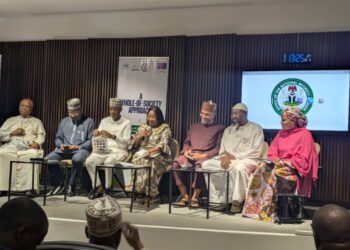By Ere-ebi Agedah
The Head of Nigeria’s Civil Service, Mrs. Didi Esther Walson-Jack, on Wednesday set the tone for what she called a “movement of renewal and transformation” as she welcomed global leaders and reformers to Abuja for the inaugural International Civil Service Conference.
Held in collaboration with the UK-based Global Government Forum, the event marks a bold turning point in the ongoing effort to transform Nigeria’s bureaucracy and reimagine civil service across Africa.
The conference, part of the 2025 Civil Service Week celebrations, drew participants from Africa, Europe, Asia, and beyond, civil servants, policymakers, digital experts, and institutional heads who gathered to explore new paths to responsive governance, inclusion, and digital transformation.

“This is more than a conference, it’s a declaration that business as usual is no longer acceptable,” Walson-Jack said during her keynote at the opening ceremony. “We are not here to preserve tradition; we are here to build the future.”
With the theme Rejuvenate, Innovate, Accelerate, the conference highlights the urgent need to redesign public institutions to meet the pressures of the 21st century, from digital disruption and climate change to equity and citizen demands.
Walson-Jack outlined progress made in Nigeria’s civil service reform under the Federal Civil Service Strategy and Implementation Plan 2021–2025 (FCSSIP 25). Key achievements include the digitization of public service operations through an Enterprise Content Management System (ECMS), the introduction of a performance management framework linked to national goals, and the modernization of training institutions like the Public Service Institute of Nigeria.
Beyond Nigeria’s borders, the conference showcases global best practices, from Ghana’s e-governance models and Singapore’s AI-based services to Morocco’s digital identity infrastructure, creating a platform for knowledge exchange and reform collaboration.
“This is not just a learning event, It is a catalyst for action.” she emphasized.
In a call to Nigeria’s young public servants and reform advocates, Walson-Jack urged them to see themselves not just as future leaders, but as today’s changemakers.
“The civil service is not a relic of the past, It is the engine of our future. And that engine must be rebuilt not with rusted tools and rigid thinking but with bold ideas, diverse minds, and inclusive purpose.” She said.
Meanwhile, speaking to journalists on the sidelines of the Pan-African event, governance expert and Country Director of DAI, Dr. Joe Abah, encouraged civil servants to adopt artificial intelligence as a tool to enhance efficiency and service delivery in the public sector.
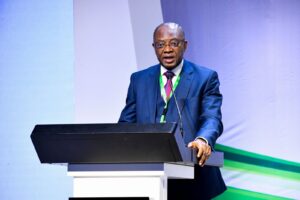
Dr Abah urged the civil servants to embrace artificial intelligence despite fears that the technology may one day replace human jobs adding that the adoption of emerging technologies in governance is no longer optional but inevitable.
“Even if civil servants fear that AI might take over their jobs, they must still embrace it. The civil service will adopt technology, artificial intelligence, blockchain for securing documents, it’s not a question of if, but when,” he stated.
Echoing the same optimism, Executive Director of Customer Centricity and Marketing at Galaxy Backbone Limited, Olusegun Olulade, said Nigeria’s civil service is already poised to make the full transition to a digital future.
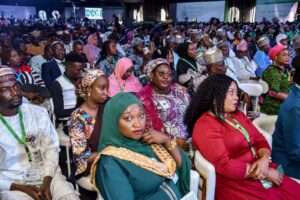
“We are the infrastructure backbone the entire public sector is riding on. We have the technology, the expertise, and the capacity,” Olulade said, noting that Nigeria is also leading efforts around data protection.
He reaffirmed the federal government’s directive that all ministries, departments, and agencies must be fully digitized by December 2025.
“That directive from the Head of Service is a clear signal, Nigeria is ready. We have all it takes to make the digital transformation a reality,” he added.
